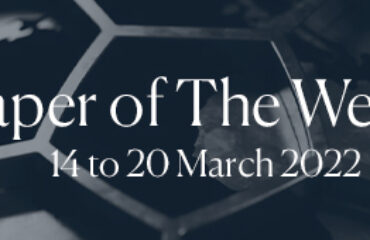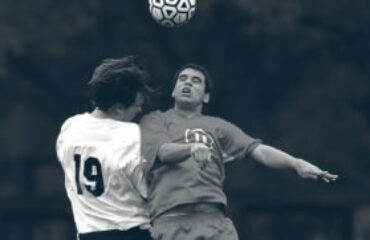THEORETICAL FRAMEWORK
Soccer requires prolonged low-intensity activities interspersed with repeated short bouts of high-intensity actions, which causes fatigue (Mohr et al., 2005). The perceptual–cognitive demands of soccer competition are also extremely challenging. In addition, competing at a high level within congested playing schedules may potentially increase these psychological demands. Therefore, players likely experience mental fatigue during the season, which could contribute to the performance reductions usually observed towards the end of matches. Mental fatigue is a psychobiological state induced by prolonged periods of demanding cognitive activity. The negative impact of mental fatigue on endurance performance is well-established (Van Custem et al., 2017). Comprehensive evidence also demonstrates that mental fatigue impairs cognitive (Boskem et al., 2005) and skilled motor (Lal and Craig, 2001) performance. As these functions are relevant for player performance, sport scientists have been increasingly interested in investigating the effects of mental fatigue on soccer-specific skills.
STUDY OBJECTIVES
This review summarizes and examines the recent literature on the effects of mental fatigue on soccer performance.
MAIN RESULTS
After analyzing the body of literature on this topic, the authors revealed that mental fatigue:
- Impairs the physical performance, which was mediated by an increased perception of effort in laboratory-controlled tests. However, this influence in unclear in applied settings.
- Compromises some offensive and defensive technical skills and could be partially responsible for some technical impairments observed during matches.
- Decreases perceptual cognitive performance during computer-based tasks.
- Reduces the speed and the accuracy of soccer-specific decisions, although with minimal impact on visual search behavior.
CONCLUSIONS
The recent literature indicates that mental fatigue may contribute to performance decrements associated with ‘‘match-related fatigue’’ in soccer. In summary, mental fatigue seems to impair soccer-specific physical, technical, decision-making, and tactical performances. These findings provide initial experimental evidence and confirm anecdotal reports of the influence of mental fatigue on actual soccer performance.
FSI STATEMENTS
- Due to the high cognitive activity demands during matches and training sessions, soccer players appear to experience substantial levels of mental fatigue.
- Mental fatigue induces physical, technical, and tactical performance impairments in soccer players, which is commonly associated with increased perception of effort.
- Coaches and practitioners are advised to monitor mental fatigue in their players, especially after official matches, as well as to implement effective strategies to reduce its possible impacts on player performance.
Mohr, M., Krustrup, P., & Bangsbo, J. (2005). Fatigue in soccer: a brief review. Journal of sports sciences, 23(6), 593-599.
Boksem, M. A., Meijman, T. F., & Lorist, M. M. (2005). Effects of mental fatigue on attention: an ERP study. Cognitive brain research, 25(1), 107-116.
Lal, S. K., & Craig, A. (2001). A critical review of the psychophysiology of driver fatigue. Biological psychology, 55(3), 173-194.
Van Cutsem, J., Marcora, S., De Pauw, K., Bailey, S., Meeusen, R., & Roelands, B. (2017). The effects of mental fatigue on physical performance: a systematic review. Sports medicine, 47(8), 1569-1588.





